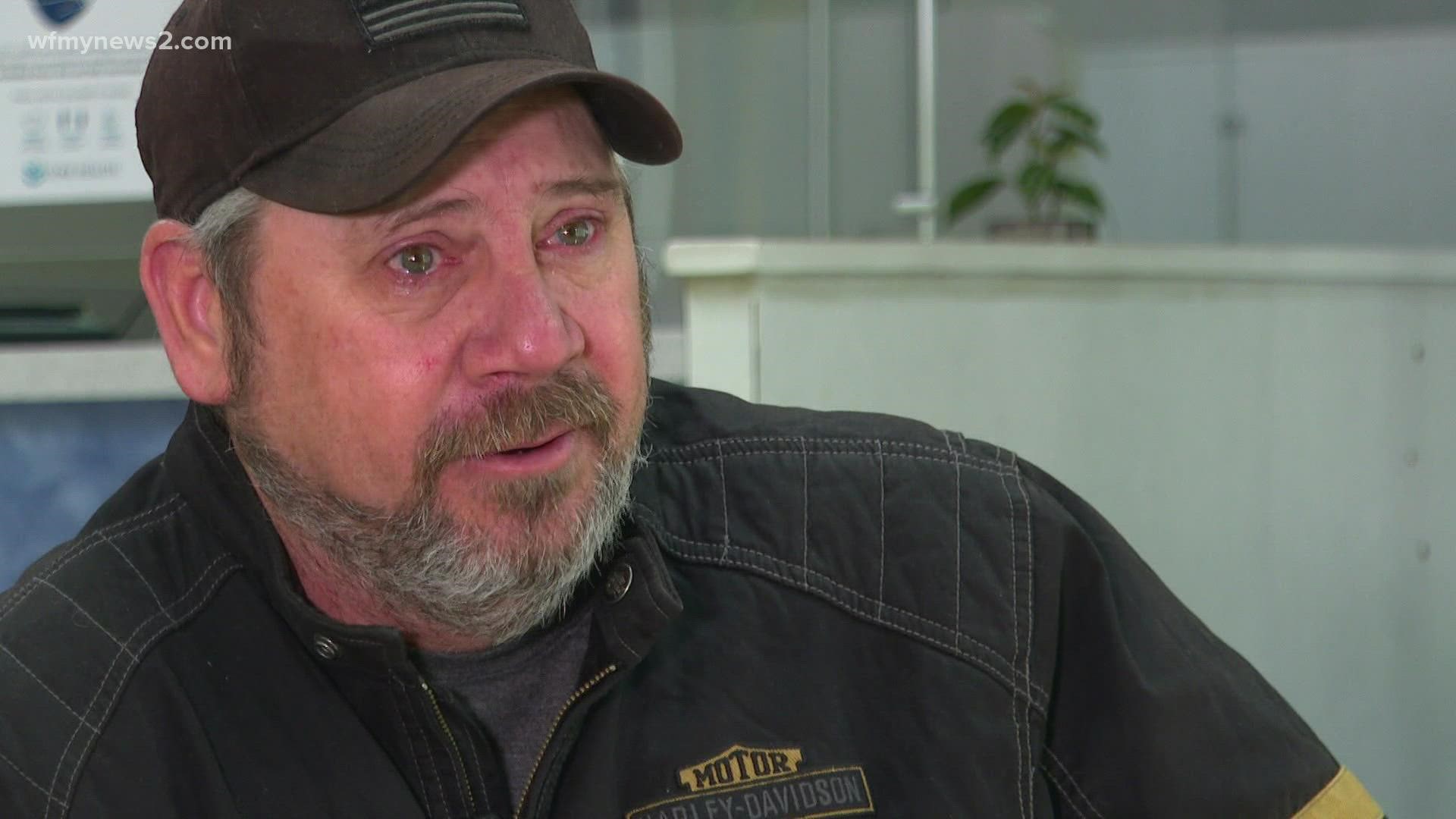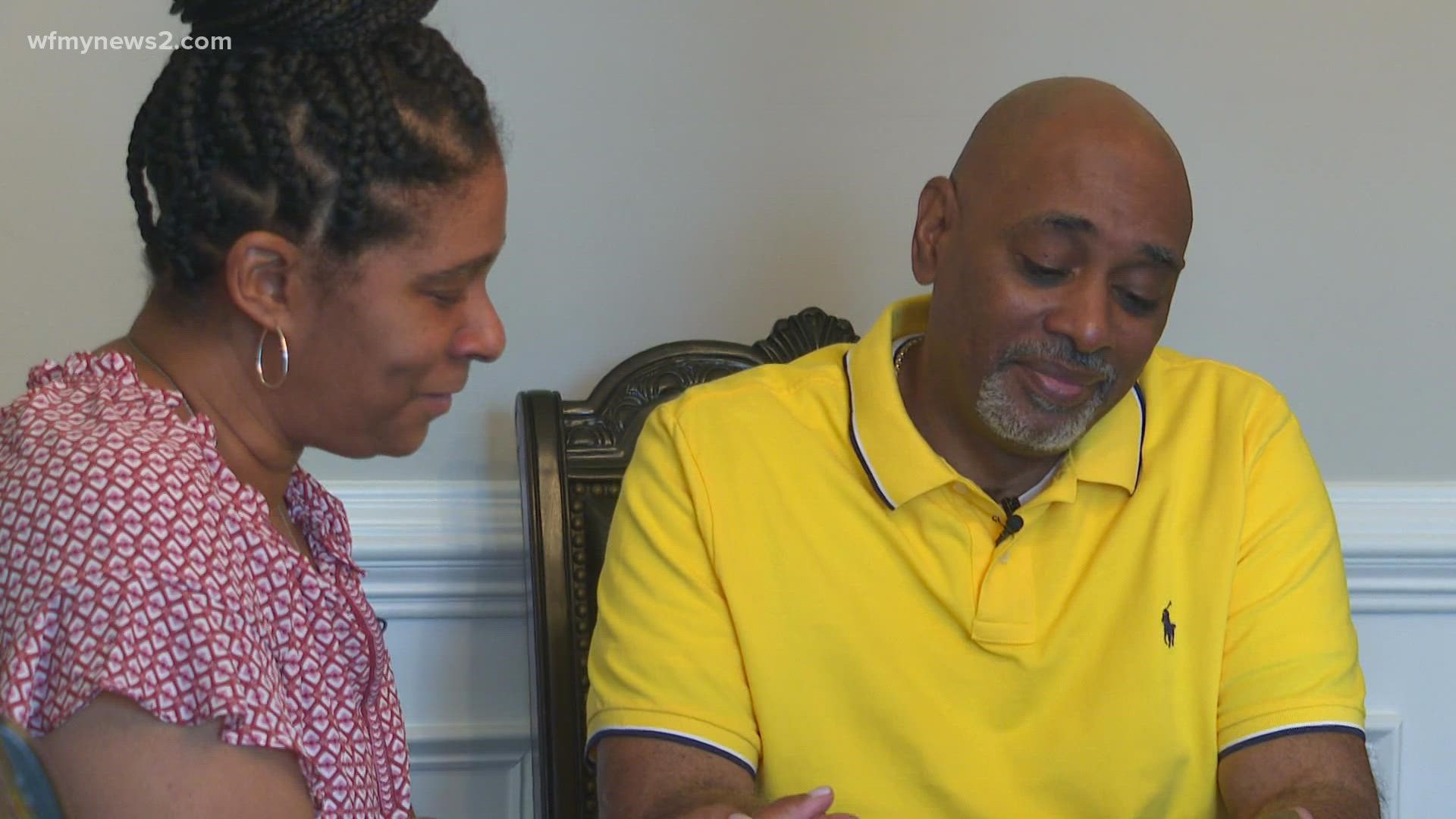'I didn't care if I lived or died': Three COVID long haulers share their road to recovery
Three North Carolina COVID long haulers say they are slowly getting better but still feel the effects of the virus today.
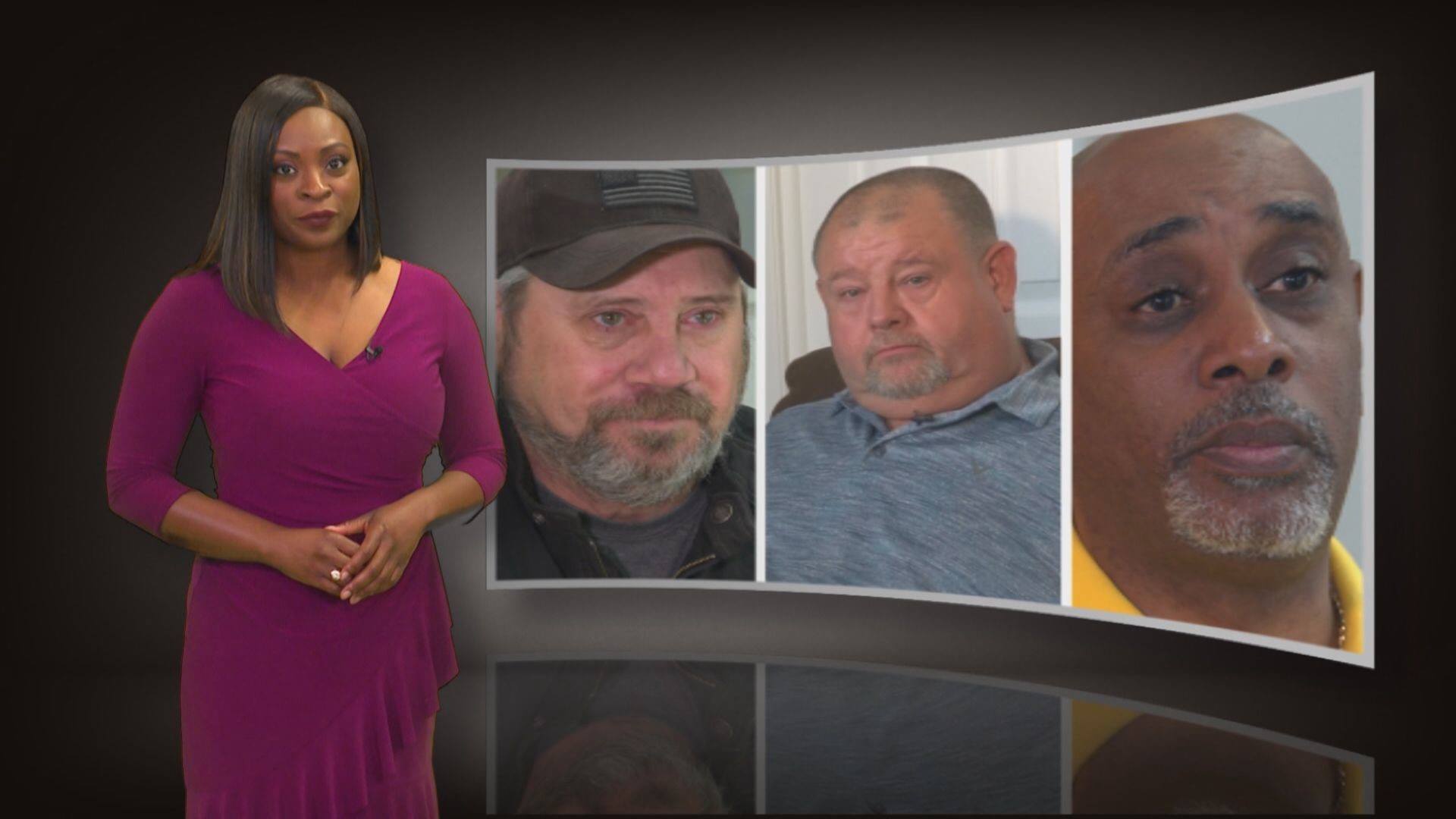
It's been just over two years since North Carolina confirmed its first COVID-19 case. Since then, more than 2.4-million have tested positive.
For some people, COVID-19 symptoms last but only a few days, for others they can last months, even years. These are what doctors call COVID long haulers.
WFMY News 2's Lauren Coleman sat down with three Triad COVID long haulers who are slowly getting better but still feel the effects of the virus today.
Tim Bowne Diagnosed: October 2021

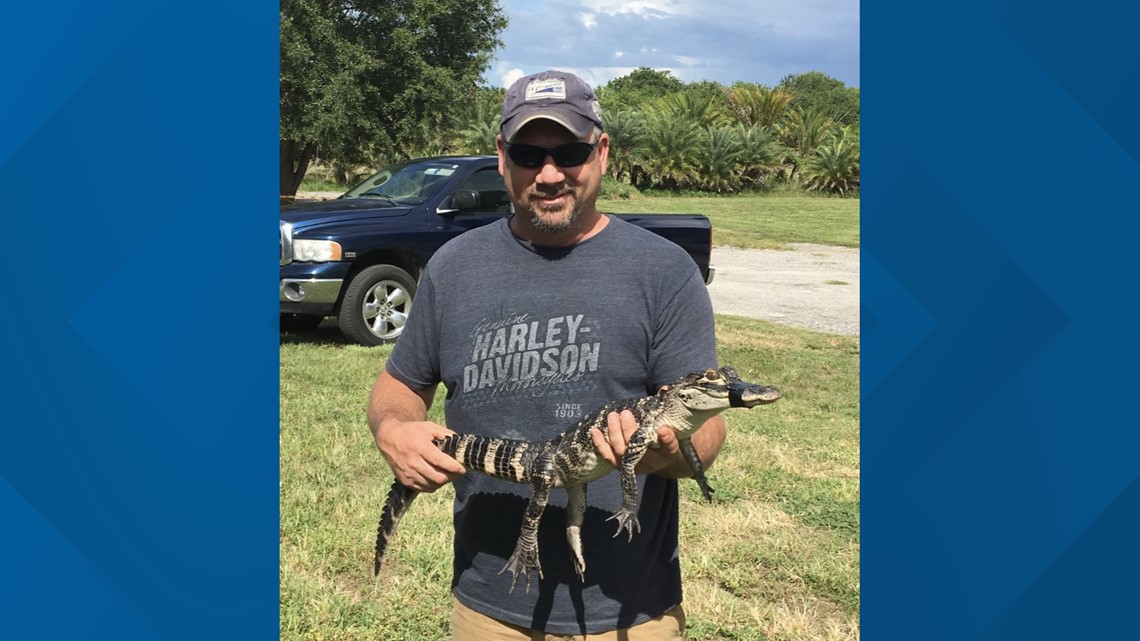
Tim Bowne, 50, of Summerfield took a hard hit from COVID-19. He knew something wasn’t right on a trip back from Myrtle Beach in October.
“I couldn’t get warm, my body just started aching really bad and I knew I had a four-hour ride home on a motorcycle,” Bowne said.
He rode home with a temperature of 102.4. An at-home and lab test confirmed he had contracted coronavirus.
“I never had a cough. I never had shortness of breath,” Bowne said. “I just felt really, really worn out. Really, really bad headaches, [just] I had no energy none.”
Once cleared of the virus, massive headaches and fatigue continued along with memory loss and brain fog.
“The not knowing where I am,” Bowne said. “I mean, I went to go get my son a birthday present and I took off driving and I ended up in Hanging Rock and I don’t even know how I got there. My wife called, and she said, ‘where are you?’ I said, 'I don’t know, why? But I’m in Hanging Rock.' ‘Well, how did you get there?’ I said, 'I don’t know? I have no idea.'”
For months, Bowne said he just couldn’t get better.
“I had suicidal thoughts. It was hard and like I said it never affected my lungs it was all up here,” Bowne said. “Sorry, I didn’t care if I lived or died. I could care less.”
Life did get better. In March, doctors performed brain surgery to alleviate some of the side effects of COVID-19. An MRI scan revealed Bowne had a brain aneurism.
“I don’t know if me getting COVID found the aneurism or did COVID cause the aneurism,” Bowne said. “We don’t know, but it’s been rough, so, I’m thankful I’m here.”
Kenneth Cecil Diagnosed: December 2020

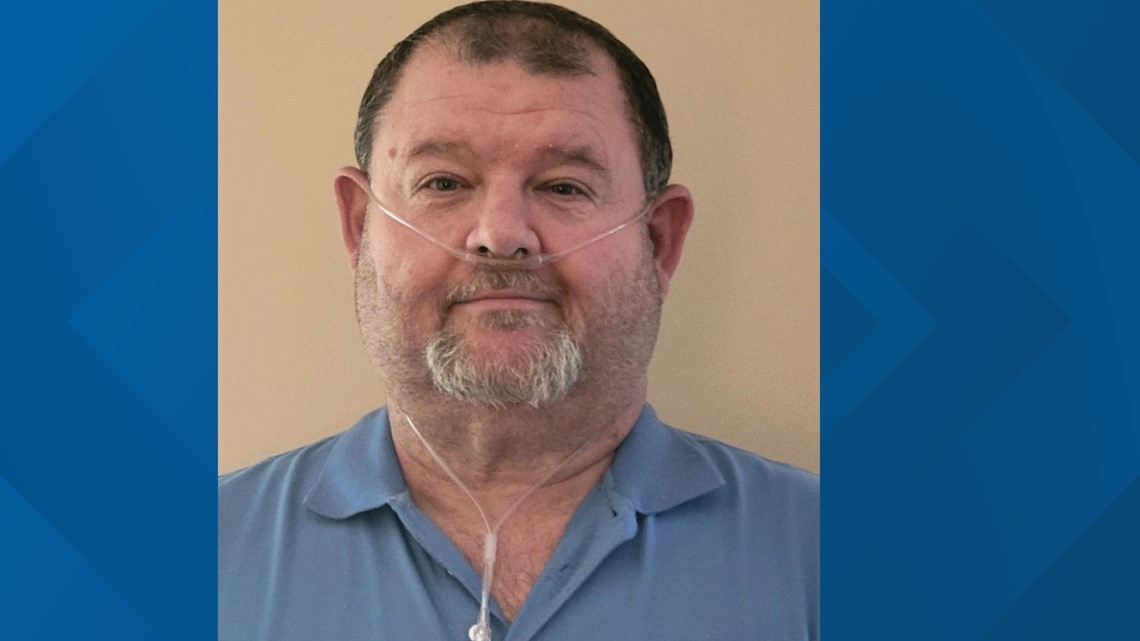
For nearly seven months Kenneth Cecil, 56, of High Point lived his life with oxygen 24 hours a day. Shortness of breath is just one of the many long-term side effects he experienced from contracting COVID-19.
“I had a lot of fatigue there was mental status as far as memory, vision problems, hearing problems, there was multiple.”
Cecil was diagnosed with coronavirus in December of 2020, before the rollout of vaccines. WFMY first introduced Cecil after he spent 108 days in the hospital. Doctors said he would need a double lung transplant due to damage caused by the virus.
“My lungs were completely gone,” Cecil said. “At the time I was released I had just a fist-sized right lung, no left lung at all because it was collapsed.”
With the help of his family, Cecil was rehabilitated at home, while he waited on a transplant. This April, doctors gave him the exciting news.
“I’ve been off oxygen since October of 2021,” Cecil said. “So, I no longer use oxygen at all. And on my last visit which was April 6, at Chapel Hill, I was told right then and there, that there’d never be a need for me to have a lung transplant. That my lungs had completely healed and were as normal as anyone else my age.”
Though his lungs are healed, COVID symptoms persist.
“The main one is fatigue,” Cecil said. “I don’t want to say, depression, but there’s a side of it that some days I just, it’s hard to get going because of the tiredness. I mean I’m really tired."
He doesn’t let that get him down.
“My family was told to be prepared to bury me,” Cecil said. “I wasn’t coming home, but God had his change of plans, so I feel richly blessed.”
Rory Baker Diagnosed: April 2020

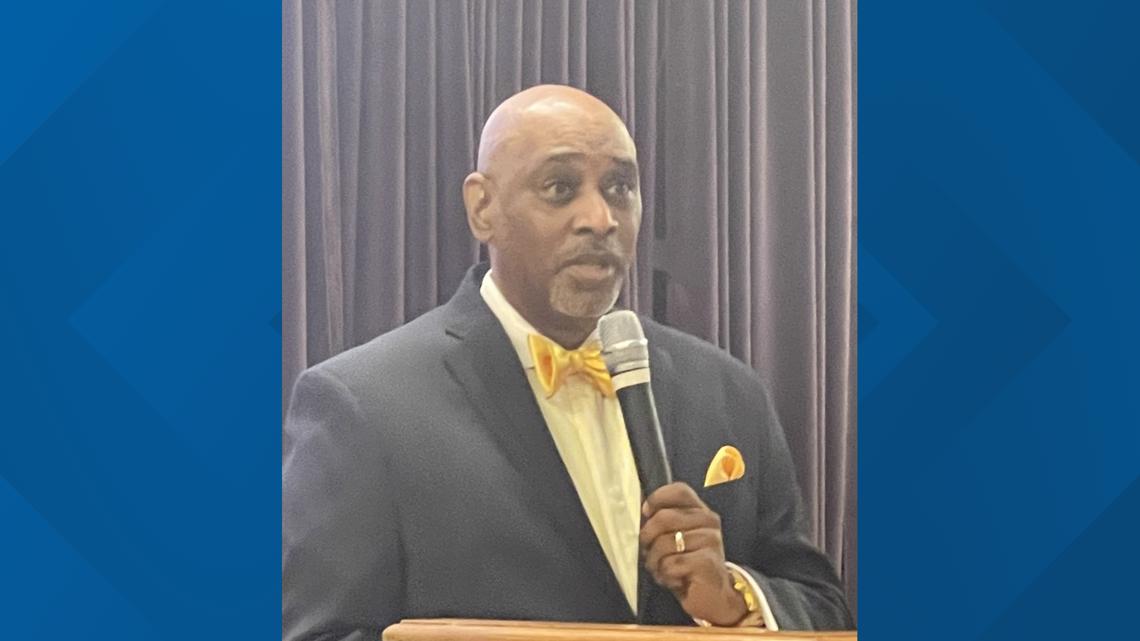
Life for Pastor Rory Baker, 56, and his wife Melissa can sometimes get a little hectic. Between raising seven children and managing their own church, they’re amazed at how they get it all done.
“Extremely grateful to be here, still a little bit fatigued. I just continue to press on,” Baker said. “I’m grateful for every moment because according to what they said initially, I shouldn’t even be here.”
Baker was diagnosed with coronavirus in April of 2020 and spent 87 days in the hospital. WFMY first spoke with his wife via zoom when she thought her husband was on his deathbed.
“I had to learn how to walk, how to talk, to bathe, to clothe myself, feed myself, pretty much as an infant,” Baker said. “They damaged my vocal cords and they said it was a possibility that I would not talk above a whisper.”
Still two years after infection, Baker struggles with symptoms.
“Having open-heart surgery, having toes amputated, had gallbladder, double pneumonia, seizures, strokes, just a plethora of things that happened that I can’t explain other than the virus,” Baker said. “They can’t explain it.”
Despite his battle with memory loss and damaged vocal cords caused by a ventilator, he found a way to continue his call of spreading the love of Jesus Christ.
“That’s what I believe God has called me to do to inspire people, to give them a message of hope, to let them know that it’s not about where you are right now, but where you’re going and to embrace every challenge thrown your way because ultimately it’s in his purpose and in his plan that we live and we get through and we survive and come out better people,” Baker said.
The road to recovery is not over for Bowne, Cecil, or Baker. As COVID restrictions loosen, these men hope their stories will encourage others to pay attention to the virus and remember the pandemic is not over yet.


